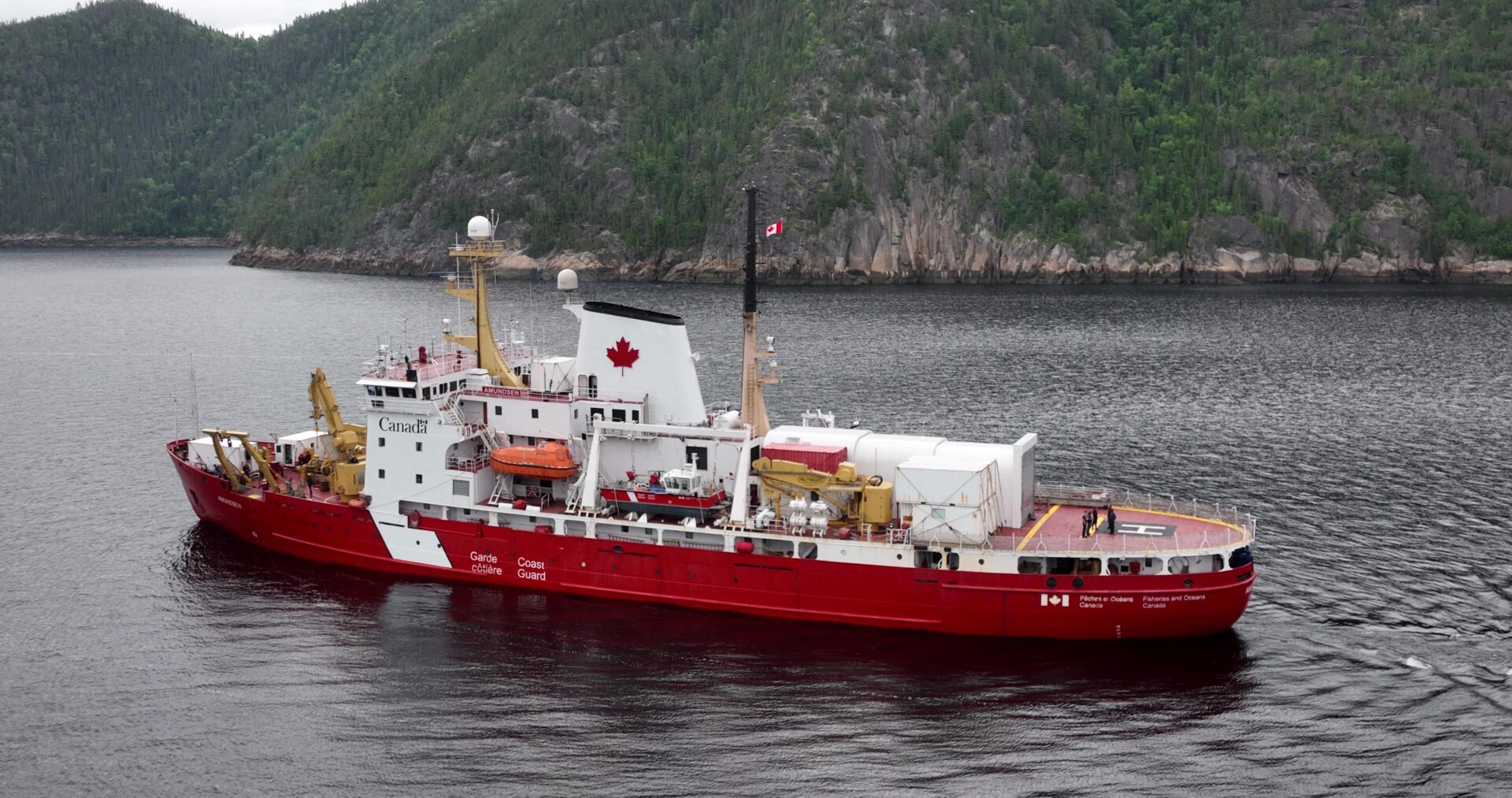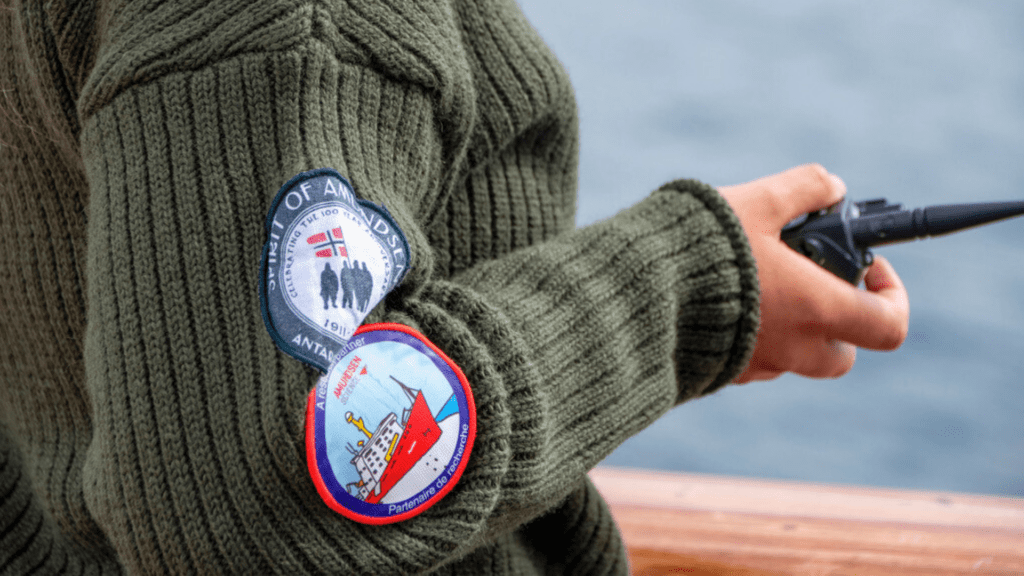St. John’s, Newfoundland and Labrador, July 11, 2024 – More than 150 researchers from Canadian and international organizations, including from the North and Inuit communities, will share ship-time on Canada’s only dedicated research icebreaker this summer and fall to generate new knowledge on the high Arctic. The Canadian Coast Guard Ship (CCGS) Amundsen will leave the port of St. John’s, Newfoundland and Labrador on July 11th for 112 days at sea divided in four scientific Legs. Once departed, the ship will follow the Nunatsiavut Coast in the Labrador Sea towards Baffin Bay, Smith Sound and Nares Strait. The CCGS Amundsen will continue its way further north for scientific operations, knowledge exchange, and training until reaching the Lincoln Sea if ice conditions permit.
A Multidisciplinary and International Collective of Researchers
Researchers of the 2024 cohort are part of seven multidisciplinary programs and will study Arctic and sub-Arctic marine ecosystems through a variety of activities and integrated studies targeting physical, chemical and biological environments, as well as seabed geology. This year we are very proud to have research programs that are international. Teams of scientists are coming from various French institutions, from Switzerland, Norway, Iceland and from Alaska and the United Kingdom.
Recurring Programs Onboard the CCGS Amundsen
During the first scientific Leg of the expedition, the Amundsen will sail along the coast of Nunatsiavut, the Labrador Sea, Baffin Bay and Baffin Island. On board, researchers from various backgrounds, the Amundsen Science technical team and the Canadian Coast Guard crew will carry out scientific operations with the CTD-Rosette, the box core, the Remotely Operated Vehicle (ROV) and others.
In collaboration with local Nunatsiavut researchers, these various operations are part of the Imappivut Marine Planning Initiative and the DFO Benthic-Refuge program will allow scientists to identify, study and monitor vulnerable coastal ecosystems, and learn more about the fish communities and marine primary producers in these regions. This year, an area of focus relates to the recently discovered seafloor cliffs and vertical gardens of deep ocean corals recently discovered off Makkovik and Nain. Several ROV dives and coring operations are planned to better understand the ecology of these unique sites. Other benthic surveys are planned across the Labrador Shelf and Baffin Bay, including a deep-water ROV dive to 1300 meters planned for Davis Strait.



